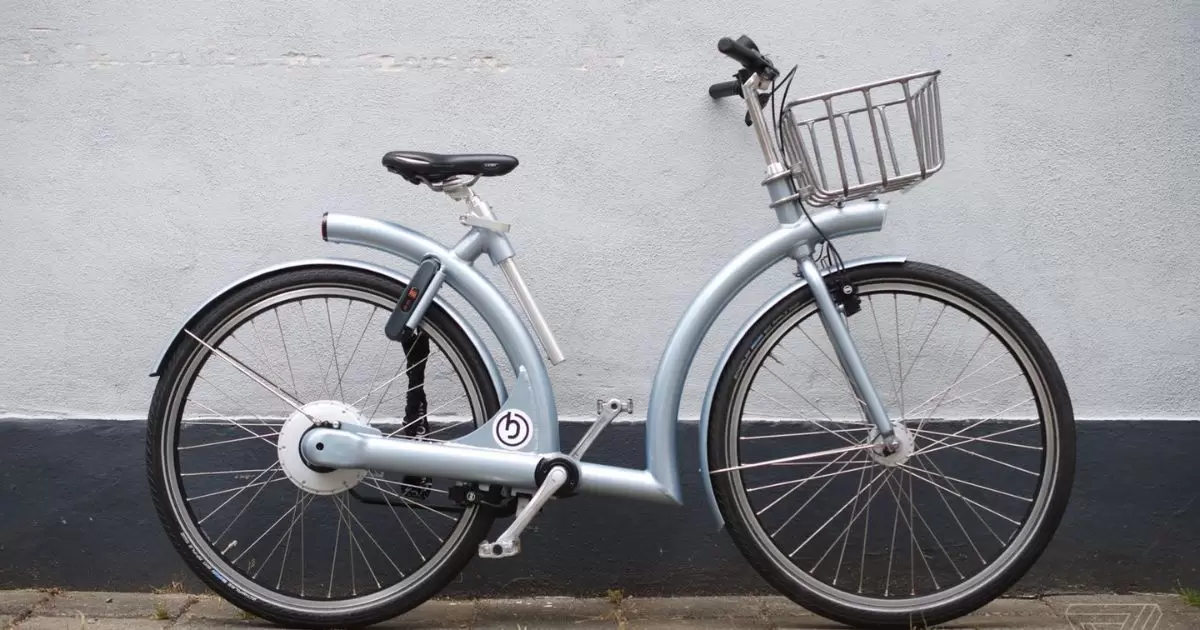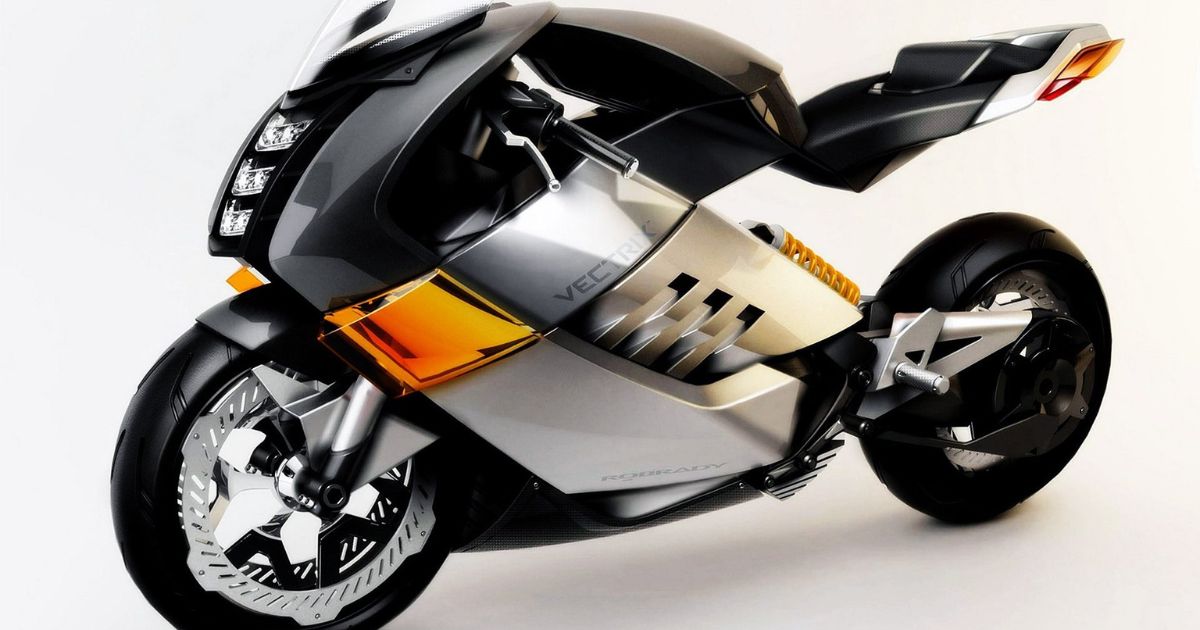Do you know if you need a driver’s license for an electric bike? If you’re someone who wants to belong to the growing community of electric bike riders, it’s important to understand the legal requirements. Many people assume that since electric bikes are pedal-assisted, they don’t require a license. However, the rules regarding e-bike licensing can vary depending on your state.
In this article, we’ll explore the different regulations across states, age restrictions, helmet requirements, and even insurance considerations. Whether you’re considering purchasing an electric bike or already own one, it’s crucial to be well-informed about the licensing requirements to ensure a safe and legal riding experience.
Key Takeaways
- A valid driver’s license is required to legally ride an electric bike.
- Age restrictions for riding electric bikes vary by state.
- Wearing a helmet while riding an electric bike is important for safety.
- Electric bikes are classified into Class 1, Class 2, and Class 3, each with different licensing requirements.
Legal Requirements for Electric Bike Licenses
To legally ride an electric bike, you will need to obtain a valid driver’s license. This requirement ensures that riders have a basic understanding of traffic laws and safety regulations. By holding a driver’s license, you demonstrate your ability to operate a vehicle responsibly and navigate the roads in a manner that protects yourself and others. Now, let’s dive into the state-specific regulations for electric bike licensing.
State-Specific Regulations for Electric Bike Licensing
Before you can ride an electric bike legally, you must familiarize yourself with the state-specific regulations for electric bike licensing. Each state has its own set of rules and requirements for electric bike riders. Some states may require a driver’s license, while others may not.
There may be age restrictions, speed limits, and specific equipment requirements that vary from state to state. It is important to check your state’s laws to ensure you are in compliance and can ride your electric bike legally.
Age Restrictions for Riding Electric Bikes
Check your state’s regulations to determine the age restrictions for riding electric bikes. Age requirements vary depending on where you live. Some states have specific age limits, while others follow the same age restrictions as regular bicycles. To give you an idea, here’s a table with examples of age restrictions for riding electric bikes in a few states:
| State | Age Requirement |
|---|---|
| California | 16 years old |
| New York | 14 years old |
| Texas | No specific age requirement |
| Florida | 16 years old |
Remember to always check your local laws to ensure you comply with the age restrictions for riding electric bikes in your area.
Helmet Requirements for Electric Bike Riders
Wear a helmet while riding your electric bike to ensure your safety. It is important to protect your head from potential injuries in case of accidents. While helmet requirements for electric bike riders vary by jurisdiction, it is generally recommended to wear a helmet regardless of legal obligations.
Wearing a helmet can reduce the risk of head injuries and increase your overall safety while riding. Make sure to choose a helmet that fits properly and meets safety standards.
Insurance Considerations for Electric Bike Owners
When riding an electric bike, it is important to be aware of insurance considerations as an owner. Here are some insurance factors to keep in mind:
- Liability coverage: This protects you in case you cause injury or property damage while riding your electric bike.
- Theft coverage: This can help cover the cost of replacing your electric bike if it is stolen.
- Accidental damage coverage: This can provide financial protection in case your electric bike is accidentally damaged.
- Personal injury coverage: This can help cover medical expenses if you are injured while riding your electric bike.
Understanding these insurance considerations is crucial to ensure you are adequately protected as an electric bike owner. Now let’s delve into the classifications of electric bikes and licensing requirements.
Classifications of Electric Bikes and Licensing Requirements
To determine if you need a driver’s license for an electric bike, it is important to understand the different classifications of electric bikes and their corresponding licensing requirements. Electric bikes are typically classified into three categories: Class 1, Class 2, and Class 3.
Class 1 electric bikes have a maximum speed of 20 mph and do not require a license. Class 2 electric bikes can reach speeds up to 20 mph but have a throttle and may require a license. Class 3 electric bikes can reach speeds up to 28 mph and may require a license. Now, let’s dive into the differences between states that require and don’t require licenses.
Differences Between States That Require and Don’t Require Licenses
If you live in the United States, determining whether or not you need a driver’s license for an electric bike depends on the specific regulations of your state. Here are some differences between states that require and don’t require licenses:
- Some states require a driver’s license for electric bikes.
- Other states only require a valid ID or permit.
- A few states have no licensing requirements for electric bikes.
- It is important to check your state’s regulations to know if a license is needed.
Understanding the Label and Operator Handbook for E-Bike Licensing
You can understand the label and operator handbook for e-bike licensing by familiarizing yourself with the information provided. The label on an electric bike will typically include important details such as the manufacturer, model, and maximum speed.
The operator handbook, on the other hand, will provide instructions on how to safely operate the e-bike and may also include information on licensing requirements specific to your area. It is essential to read and understand these resources to ensure compliance and safe usage of your e-bike.
Checking With the DMV Office for E-Bike Licensing Requirements
Check with your local DMV office to find out the specific licensing requirements for electric bikes. Here are some things you might need to inquire about:
- Age restrictions: Find out if there is a minimum age requirement for operating an electric bike.
- Permit or license: Determine if you need a special permit or license to ride an electric bike.
- Knowledge test: Ask if there is a written test to assess your understanding of electric bike regulations.
- Fees: Inquire about any fees associated with obtaining a license or permit.
Knowing the licensing requirements will help ensure you are riding your electric bike legally and responsibly. Now, let’s move on to other important regulations for riding an electric bike.
Other Important Regulations for Riding an Electric Bike
To ensure you are riding your electric bike legally and responsibly, it is essential to be aware of other important regulations for operating one. Here are some key regulations you should know:
| Regulation | Description |
|---|---|
| Helmet | Wearing a helmet is often required by law for electric bike riders. It is crucial for your safety and protection. |
| Speed Limits | Electric bikes typically have speed limits that vary by jurisdiction. Make sure to adhere to these limits to avoid fines and accidents. |
| Bike Lanes | In many areas, electric bikes are allowed on bike lanes. However, it is important to familiarize yourself with local laws and regulations. |
FAQ’s
Are electric bikes legal in New York State?
Yes, electric bikes are legal in New York State. However, there are specific regulations regarding their use, such as a maximum speed limit and restrictions on certain types of electric bikes.
Do you need a license to ride a bicycle in California?
No, you generally do not need a license to ride a regular bicycle in California. However, electric bikes have specific regulations, and some classes may require a license, depending on factors like speed and motor wattage.
Why are electric bikes illegal in New York?
Electric bikes are not illegal in New York. However, certain types of electric bikes may be restricted based on their speed capabilities. Class 3 electric bikes, which can reach higher speeds, are not allowed on public roads and are restricted to use on private property in New York. The regulations aim to address safety concerns and the integration of electric bikes with traditional bicyclists and pedestrians.
Conclusion
In conclusion, while some states require a driver’s license for operating an electric bike, others do not. Age restrictions, helmet requirements, and insurance considerations can also vary. It is important to understand the specific regulations in your state and consult the DMV office for accurate information. Like a road trip with different routes and destinations, each state has its own rules for electric bike licensing. It’s essential to navigate these regulations to ensure a smooth and legal ride.

I’m passionate electric scooter enthusiast and the voice behind this blog. I’m here to share my expertise and insights with you. From in-depth reviews to problem-solving guides, my goal is to help you make the most of your electric scooter experience.











![Gomyfinance.com Invest: I Made $5,000 in My First Month [Real Results 2025]](https://electopolo.com/wp-content/uploads/2025/05/Gomyfinance.com-Invest-I-Made-5000-in-My-First-Month-Real-Results-2025-150x150.jpg)


